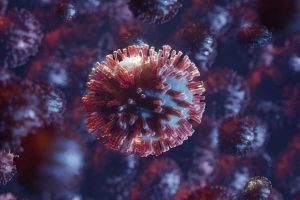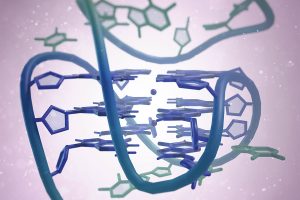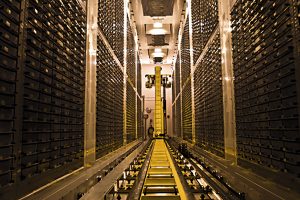Search
A few weeks back, we suffered a bot attack on Mètode's website which, fortunately, was swiftly resolved. As a precaution, we restricted access for a few hours. To access the site, visitors had to complete a visual captcha, a test where they have to click
The scientific community agrees that viruses are not alive. However, the idea sparks some debate because it depends on how we define life.
Humans, unlike some animals, do not base their mating choices exclusively on genetics. There are many cultural and social determinants.
Apart from the double helix, DNA can present other structures such as G-quadruplexes, whose study has boomed in recent years.
Thanks to advances in genetics, we can extract a lot of information from DNA and infer a fairly detailed portrait of the person it belongs to.
We have all inherited DNA sequences from forgotten ancient ancestors
The new coronavirus strain identified in the United Kingdom presents different mutations. Alma Bracho, FISABIO researcher, explains.
By giving away our DNA and genetic data, we are giving away the DNA and genetic data of our entire biological family. We have to think if the objective we are pursuing is worthwhile.
Twenty-first-century agriculture faces major challenges that urgently need to be answered. In the last decade, new breeding technologies have been developed that can help meet these challenges.
The introduction of CRISPR/Cas gene-editing technology has provided a new approach to crop improvement and offers possibilities for obtaining varieties.










